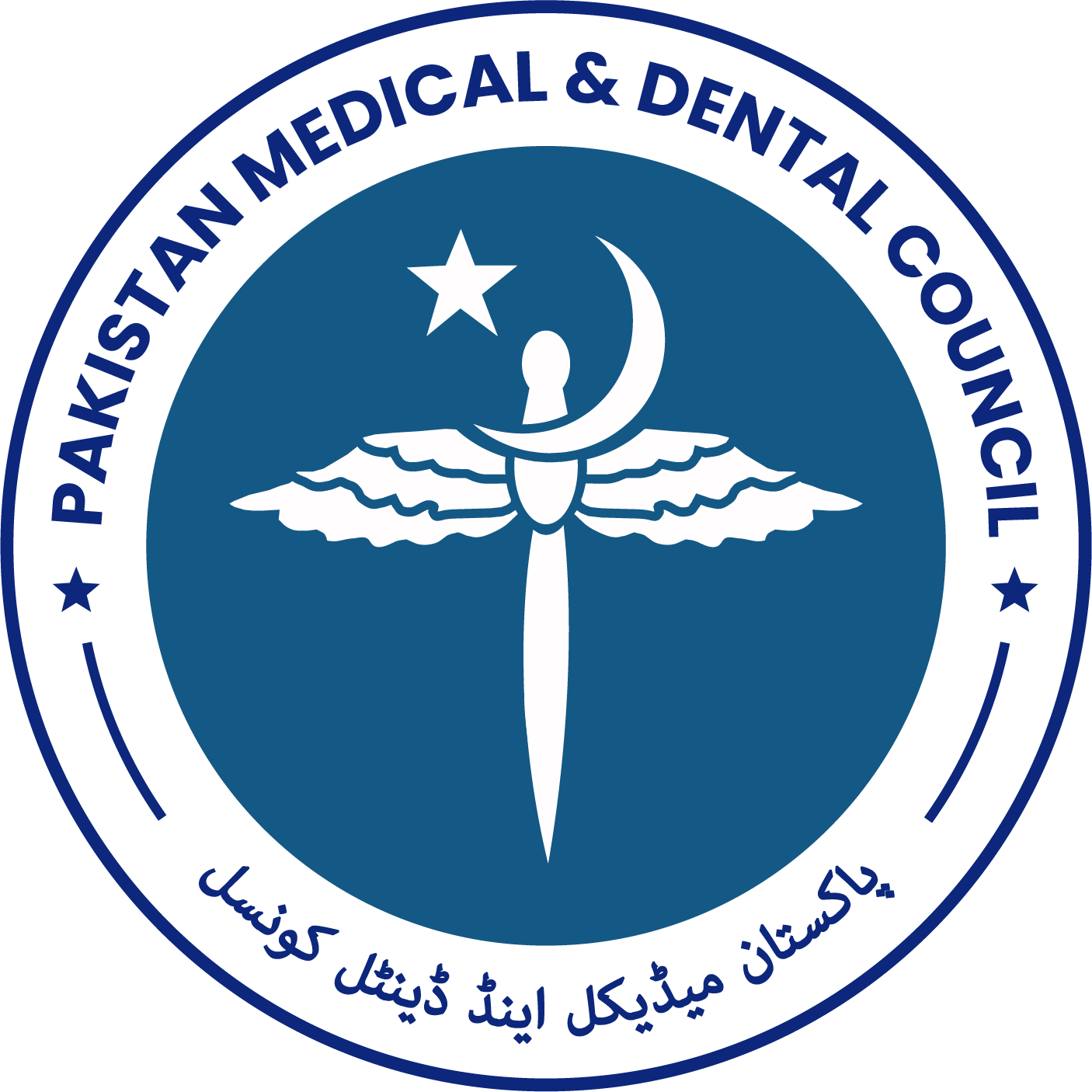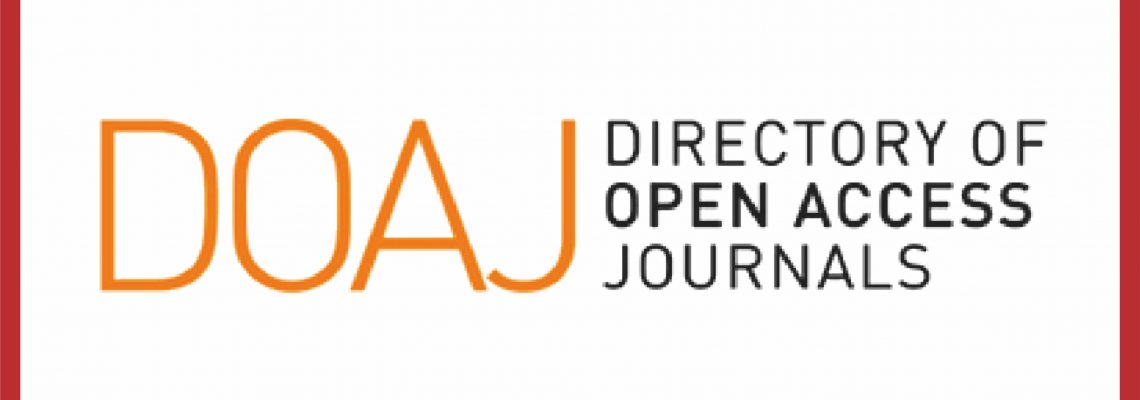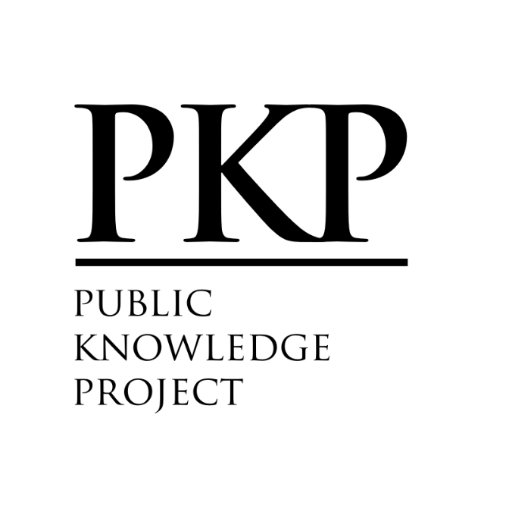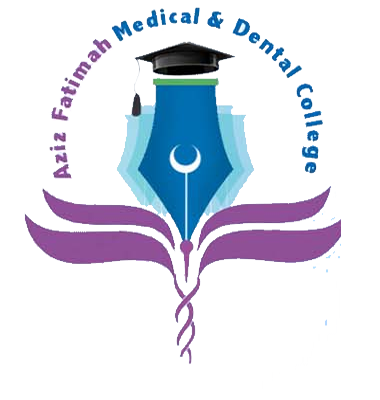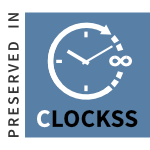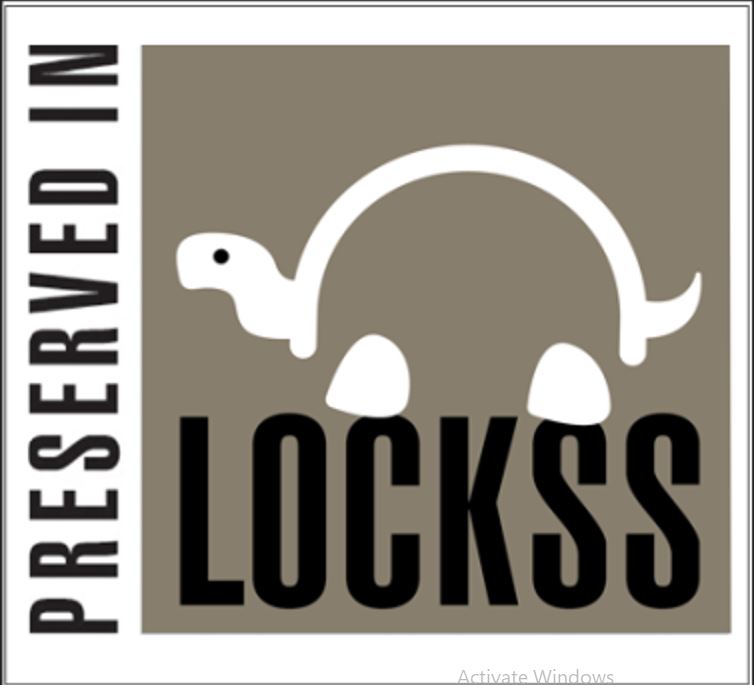Perception of Health Sciences Students about Impact of Hidden Curriculum on Burnout and Empathy
Hidden Curriculum & burnout/empathy
DOI:
https://doi.org/10.55279/jafmdc.v3i1.114Keywords:
Empathy, hidden curriculum, burnout, undergraduate, medical studentsAbstract
Objective: The main objectives of this study were to investigate how the implicit curricular aspects such as the hidden curriculum affect student empathy and burnout and we sought to describe the link between them.
Methodology: This mixed methods study included validated measures of both empathy and burnout which were distributed in three institutes of three different cities in Pakistan followed by focus group interviews. The study cohort included students of health sciences. 2000 questionnaires were distributed of which complete data of 1100 (55%) were retrieved. The second part of the study included formation of two focus groups of 15 students each per campus for in-depth discussion of aspects relating to the hidden curriculum, burnout and empathy. Descriptive statistics, correlations and frequencies were analyzed by SPSS 22 and focus group discussions underwent thematic analysis after transcription.
Results: Medical students followed by and physical therapy students experienced the greatest amount of burnout syndrome (p-value0.02 and p-value0.04, respectively) as compared to the other disciplines Final year students of each discipline reported higher rates of burnout as compared to all other years (p-value0.01).Medical students had lesser empathy as compared to other disciplines of health sciences. This finding showed statistical significance (F=4.66.p-value0.03). Furthermore, results shows females (5.56±0.72) had statistically significant higher empathy scores than male students (4.46±0.65) (p-value 0.04). The focus groups established that the hidden curriculum was a key player in student wellbeing and not just limited to subconscious attributes of the teacher but it also includes administrative issues, patient behavior, peer interaction, sociodemographic and national policy issues.
Conclusion: Medical students experienced the greatest amount of burnout and subsequently reported lesser empathy reflecting the negative relation between them. Burnout and hidden curriculum are important factors in determining empathy in health care students. More positive role modeling, better understanding of the surrounding and a good distribution of work load will help the students handle burnout and act as positive factors of the hidden curriculum, hence increasing empathy.
Downloads
Published
How to Cite
Issue
Section
License
You are free to:
- Share — copy and redistribute the material in any medium or format
- Adapt — remix, transform, and build upon the material
- The licensor cannot revoke these freedoms as long as you follow the license terms.
Under the following terms:
-
Attribution — You must give appropriate credit, provide a link to the license, and indicate if changes were made. You may do so in any reasonable manner, but not in any way that suggests the licensor endorses you or your use.
-
Non Commercial — You may not use the material for commercial purposes.
-
No additional restrictions — You may not apply legal terms or technological measures that legally restrict others from doing anything the license permits.


